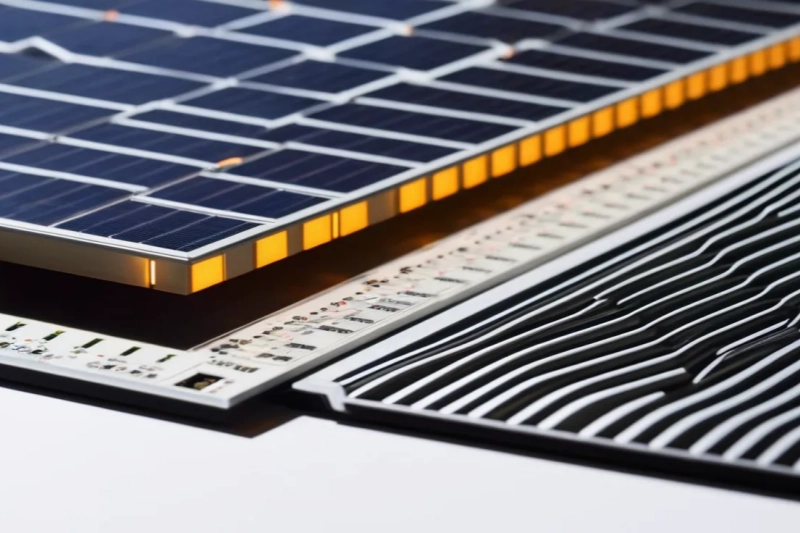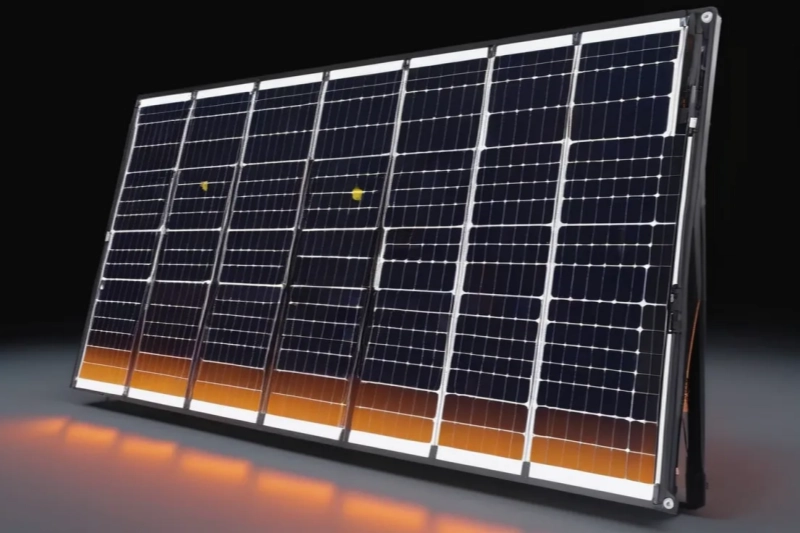In the world of renewable energy, understanding the differences between solar panels and Building Integrated Photovoltaics (BIPV) is crucial for making informed purchasing decisions. Both options harness solar energy, but they serve different purposes and have distinct features. This article will break down these concepts in simple terms, highlighting the advantages of each, helping you choose the right solution for your needs.
1. What Are Solar Panels?
Solar panels are devices that convert sunlight into electricity. They are typically mounted on rooftops or ground installations. These panels consist of photovoltaic (PV) cells that absorb sunlight and generate direct current (DC) electricity, which is then converted into alternating current (AC) for use in homes and businesses. The main appeal of solar panels lies in their efficiency and proven track record.
2. What Is BIPV?
BIPV, or Building Integrated Photovoltaics, refers to solar products that are integrated into the building's structure itself. This can include solar shingles, windows, and façade materials that not only generate energy but also serve as functional building elements. This dual functionality can enhance aesthetics while providing energy solutions, making BIPV an attractive option for modern architecture.
3. Solar Panels vs BIPV: Key Differences
When comparing Solar Panels vs BIPV, the primary distinction lies in their application and installation. Traditional solar panels require separate mounting systems and are often considered an add-on, while BIPV is integrated directly into the building’s design. This means BIPV can contribute to a building’s overall look and function while saving space and potentially reducing installation costs.
4. BIPV Advantages
There are several BIPV advantages that make it a compelling choice for homeowners and builders. First, BIPV products can replace conventional building materials, which may save on overall construction costs. Additionally, BIPV systems can improve energy efficiency by providing insulation and weather protection. Lastly, the aesthetic appeal of BIPV can enhance property value and attract environmentally conscious buyers.

5. Making the Right Choice: Which Is Best for You?
Deciding between BIPV vs traditional solar panels depends on your specific needs and circumstances. If you are building a new home or renovating, BIPV can provide seamless integration and design flexibility. On the other hand, if you are looking for a straightforward way to harness solar energy without significant structural changes, traditional solar panels may be more suitable. Evaluate your goals, budget, and aesthetic preferences to make the best choice for your energy needs.
In conclusion, understanding the differences between solar panels and BIPV is essential for making informed decisions in the realm of renewable energy. Both options offer unique benefits, and the choice ultimately depends on your specific circumstances and preferences. Whether you opt for traditional solar panels or embrace the innovative design of BIPV, you can contribute to a more sustainable future.
FAQ
1. Are BIPV systems more efficient than traditional solar panels?
BIPV systems can be as efficient as traditional solar panels in terms of energy generation. However, their efficiency can also be influenced by factors such as the building's design and the quality of the BIPV materials used.
2. How much do BIPV systems cost compared to solar panels?
The cost of BIPV systems can be higher than traditional solar panels due to their integrated design and potential for providing additional benefits such as insulation. However, the long-term savings from reduced material and maintenance costs can make BIPV a cost-effective option.
3. What is the lifespan of a BIPV system?
BIPV systems typically have a lifespan similar to that of traditional solar panels, ranging from 25 to 40 years. The lifespan can be influenced by factors such as the quality of materials, installation practices, and maintenance routines.


